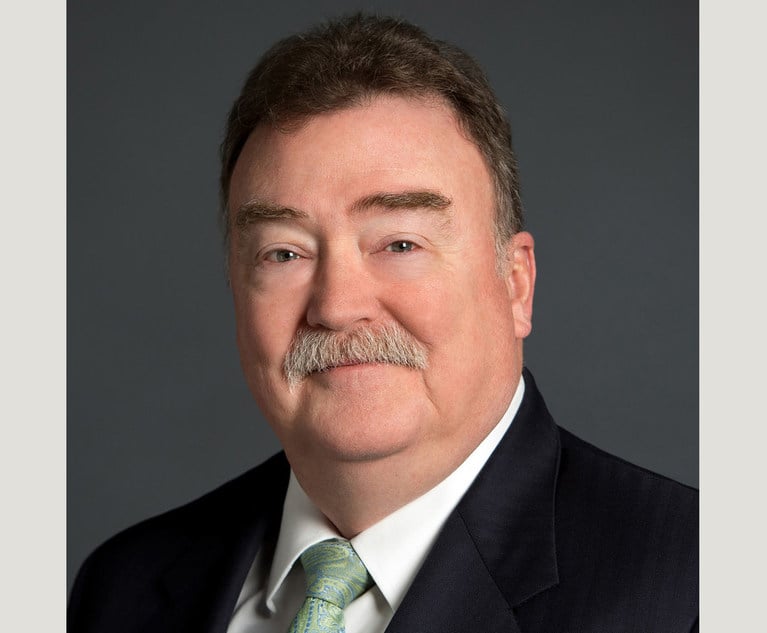This is the latest installment of this author’s obsessive examination of Pennsylvania’s Medical Marijuana Act (MMA) and the employment law issues it creates. By this point in my examination, it is now established, at least in the trial courts of the commonwealth, that the MMA created a private cause of action for medical marijuana users claiming that an employer has discriminated against them because of their medical marijuana use. See e.g., Judge William J. Nealon’s comprehensive opinion in Palmiter v. Commonwealth Health Systems, No. 19-CV-1315, 2019 Pa. Dist. & Cnty. Dec. LEXIS 12307 (Lackawanna Cty. 2019); Hudnell v. Thomas Jefferson University Hospitals, 2020 U.S. Dist. LEXIS 176198; (E.D. Pa. 2020)(citing Palmiter). See 35 P.S. Section 10231.2103(b) (“No employer may discharge, threaten, refuse to hire or otherwise discriminate or retaliate against an employee … solely on the basis of such employee’s status as an individual who is certified to use medical marijuana … ”).
In a surprising development (at least to this author), however, the Commonwealth Court construed the emphasized language in a manner favorable to employers who continue to enforce “zero tolerance” and similar drug policies. In Harrisburg Area Community College (HACC) v. Pennsylvania Human Relations Commission, 245 A.3d 283 (Pa.Cmwlth. 2020) a nursing student with a valid medical marijuana prescription was expelled from the nursing program after testing positive for marijuana metabolites. She brought a claim before the Pennsylvania Human Relations Commission (PHRC) for disability discrimination against HACC under the Pennsylvania Human Relations Act’s (PHRA) public accommodation provisions, claiming that her medical marijuana use did not impact her ability to complete the nursing coursework and that HACC should be required to reasonably accommodate her by permitting her to use medical marijuana to treat symptoms of her underlying disabilities (post-traumatic stress disorder and irritable bowel syndrome). HACC filed a motion to dismiss before the PHRC, contending that the definition of “disability” under the PHRA precluded the use of medical marijuana even when such use was permitted under the MMA. See 43 Pa.C.S.A. Section 54(3)(p.1)(3)((p.1)(“The term “handicap or disability,” with respect to a person, means: … being regarded as having such an impairment, but such term does not include current, illegal use of or addiction to a controlled substance, as defined in Section 102 of the Controlled Substances Act ( Public Law 91-513 , 21 U.S.C. § 802)”). PHRC denied the motion and HACC appealed.


 John A. McCreary, Jr., with Babst Calland Clements & Zomnir.
John A. McCreary, Jr., with Babst Calland Clements & Zomnir.




